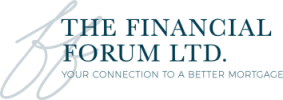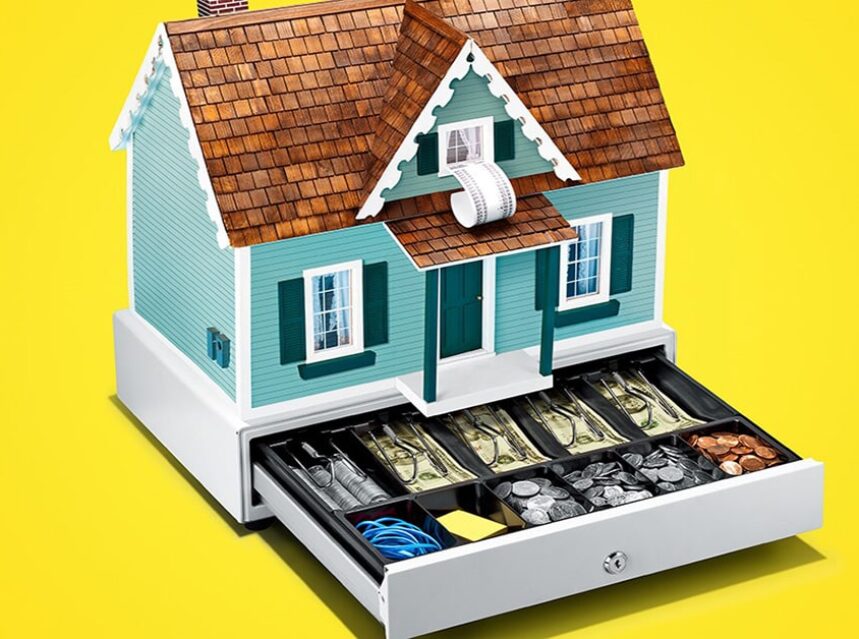Home equity is the amount of ownership interest you have in your home. Homes are generally purchased through mortgage loans, for which the home is collateralized to the lender. At the starting point, if the lender has advanced 80% of the market value of the property, your home equity is 20%.
Over time, as you pay back mortgage instalments, the amount owed to the lender reduces and your ownership interest in the property increases. As an example, if your home has a market value of $600,000 and your loan outstandings against it are $200,000, you have $400,000 worth of home equity, which might have been only $120,000 when you initially took the mortgage loan.
This is an asset which can be collateralized to raise money in case of need. It could be for paying for children’s education, doing home renovation, paying off high-cost borrowings, taking a vacation, starting a business or living out sunset years in a comfortable manner.
From the lender’s perspective, home equity provides a realizable security because of which they are willing to lend at rates cheaper than unsecured loans without worrying about the application of the borrowed funds.
Types of home equity financing in Canada
There are three ways in which home equity is used for raining funds:
Second Mortgage
A loan can be taken in the form of a second mortgage, even if the first mortgage is still open and being serviced. The structure allows for a defined payment schedule to be drawn up based on the borrower’s cash flow projections. It may be possible for people with low credit scores and low incomes to also raise money through the second mortgage route.
In the event of a foreclosure or sale, the first mortgage, if outstanding, will be settled first.
Suitable for:
- Borrowers with low credit scores and low or undocumented income
- Consolidating and reducing higher interest borrowing like Credit Cards
- Fallback in case of emergencies for some people with no other options
Home Equity Line of Credit (HELOC)
With the security still being your home equity, a HELOC is issued in the nature of a line of credit, that can be drawn upon when needed and returned when funds are not required. Interest is charged only on the amount being drawn. It provides flexibility to the borrower but will typically cost more than a mortgage.
Suitable for:
- People with good credit scores and verifiable income
- Variable requirements where the timing and volume of requirement is undetermined; like projects and business ventures
Reverse Mortgage
Home equity financing is generally sought by the not-so-young who have been able to pay back some part of the original mortgage, have been able to build up home equity, and are in need of funds again for some reason. In Canada, people 55 years or older are eligible for a reverse mortgage.
In a reverse mortgage, the lender makes a lump sum, or monthly payments, to the borrower. As opposed to a ‘forward’ mortgage, this loan does not have to be paid back by a borrower, except if there is a need to sell the underlying property. Otherwise, its structuring is such that the outstanding value is realized by the lender upon the death of the borrower. Regulations mandate that the borrower is not responsible for anything beyond what can be realized in this manner.
Suitable for:
- Retirees and seniors looking for additional funds
- For 55+ borrowers, income and credit scores not considered; hence easy to qualify
Pros and Cons of Home Equity Loans
- Flexible use – lenders don’t restrict usage of funds for specific purposes
- Low rate of interest – As opposed to unsecured loans, rates of interest are lower
- Large amount can be realized as home equity generally has substantial value
- Flexible drawing options with HELOC
- No repayment requirement with Reverse Mortgage
- Exposure to variable rates, especially in case of HELOCs
- Despite possessing home equity, certain borrowers may not qualify owing to income and credit score limitations
- You will be in debt longer
- There is a looming risk of losing your home in case you are not able to service the repayment
Home Equity Loan Support Centre
The Financial Forum makes Home Equity Loans easy for borrowers, helping them crystallize their needs, understanding implications and deciding on a suitable product. We work for borrowers, not lenders. Reach us on (905) 265-0246 or mortgages@thefinancialforum.ca.






